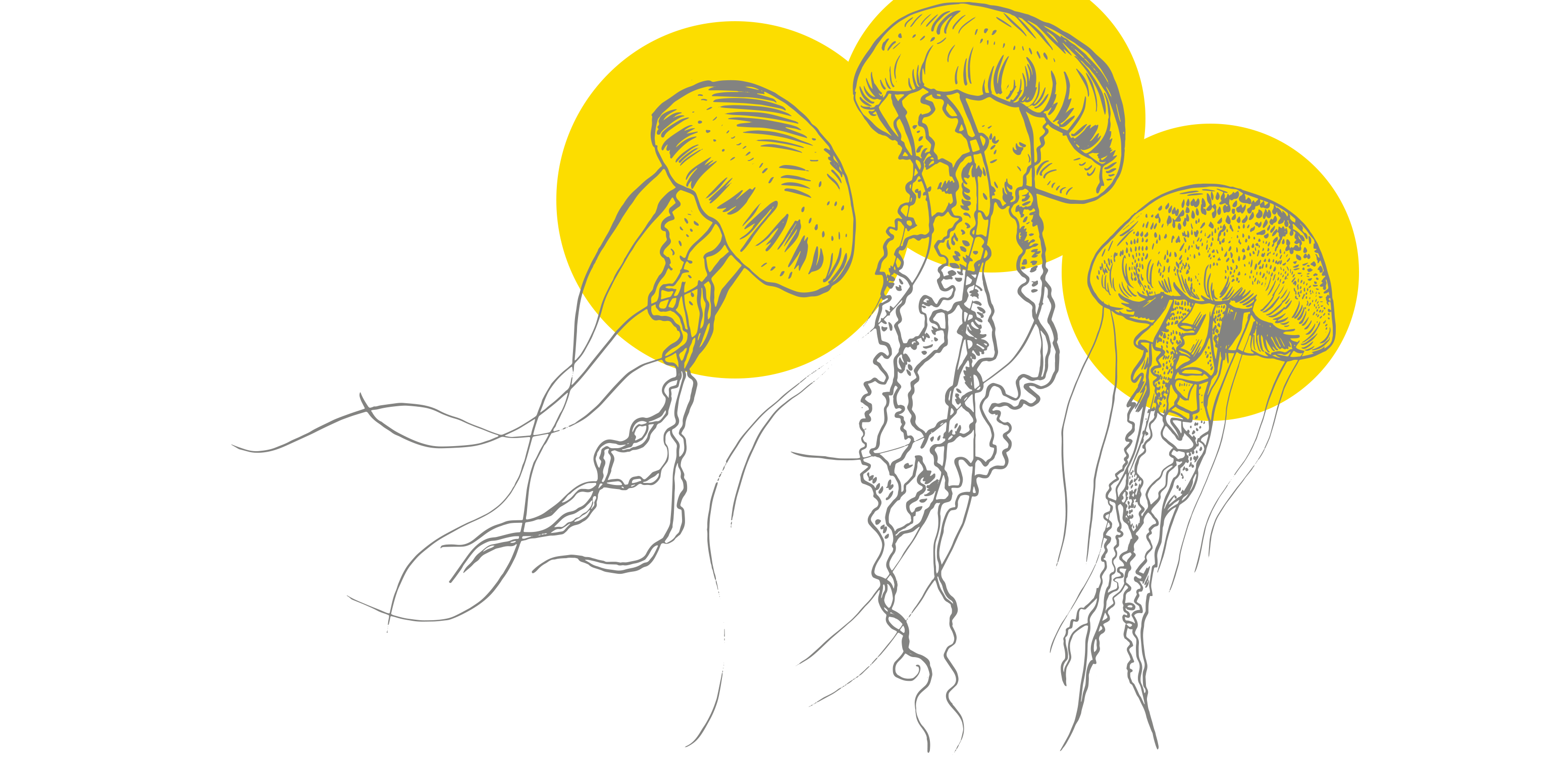Ehret has been submitting articles to Sott.net for several years, many of which were Sott Focuses.I really enjoyed this interview. I have to admit that I never heard of Matthew Ehret before, but he's like a true Renaissance Thinker! I couldn't find anything about his education (not that it matters since he's obviously very smart/wise), but I'm just curious – is he like a 'self learned' genius or something?
I'd love to hear more interviews with him.
I don't know the extent of his current involvement, but I can tell by the things he writes about that Ehret is from the LaRouche/Schiller 'school of thought', which holds that an evil oligarchy - more or less continuously since Roman times - has enslaved the world. Today the oligarchy's global empire is essentially British, not American (nor 'Jewish'), centered on the City of London rather than Washington DC.
The LaRouchers are in many respects colinear with our 'school' or network: they have a solid grasp of the threat from near-Earth asteroids, they understand (and heavily promote) Eurasian integration as the new model for world cooperation (and were doing so long before Xi Jinping announced 'One Belt One Road'), they promote and extol the virtues of classical culture in architecture, art and music, and much more besides. They've been variously attacked as 'fascists', a 'cult', 'conspiracy theorists', etc.
I suppose a big difference between us is that they believe the masses can be led to 'the obvious solutions presented by Reason', and that if they work hard to lobby power centers like the US Congress and the CCP, form think-tanks and organize symposia, they can convert potential 'visionaries' and 'builders of a better future world' and one day realize Lyndon LaRouche's vision(s). By contrast, we believe such an 'external' effort to be futile proselytism, that what is or not 'Reason' is often nigh-on-impossible to deduct, and that individuals must come to realizations of what is and what ought to be of their own accord, thus we focus on 'internal' efforts (while maintaining something of a 'public access program' through FOTCM and Sott.net to attract said 'visionaries' and 'builders of a better future world').
I can pick faults in their philosophy and analyses of world events (it appears, for example, that the movement, on the whole, bought into the Covid-19 narrative), but their decades-long contributions to geopolitics and education generally has been immense so I prefer not to criticize them and instead be selective about which of their published content to share on Sott.net.
By the way, William Engdahl, Webster Tarpley and other highly productive and insightful 'revisionist' historians and 'conspiracy theory' essayists, came through or are products of this movement/school. Search for Lyndon LaRouche, the Schiller Institute, and Executive Intelligence Review. Their origin story is fascinating, as are much of their ideas and content.



